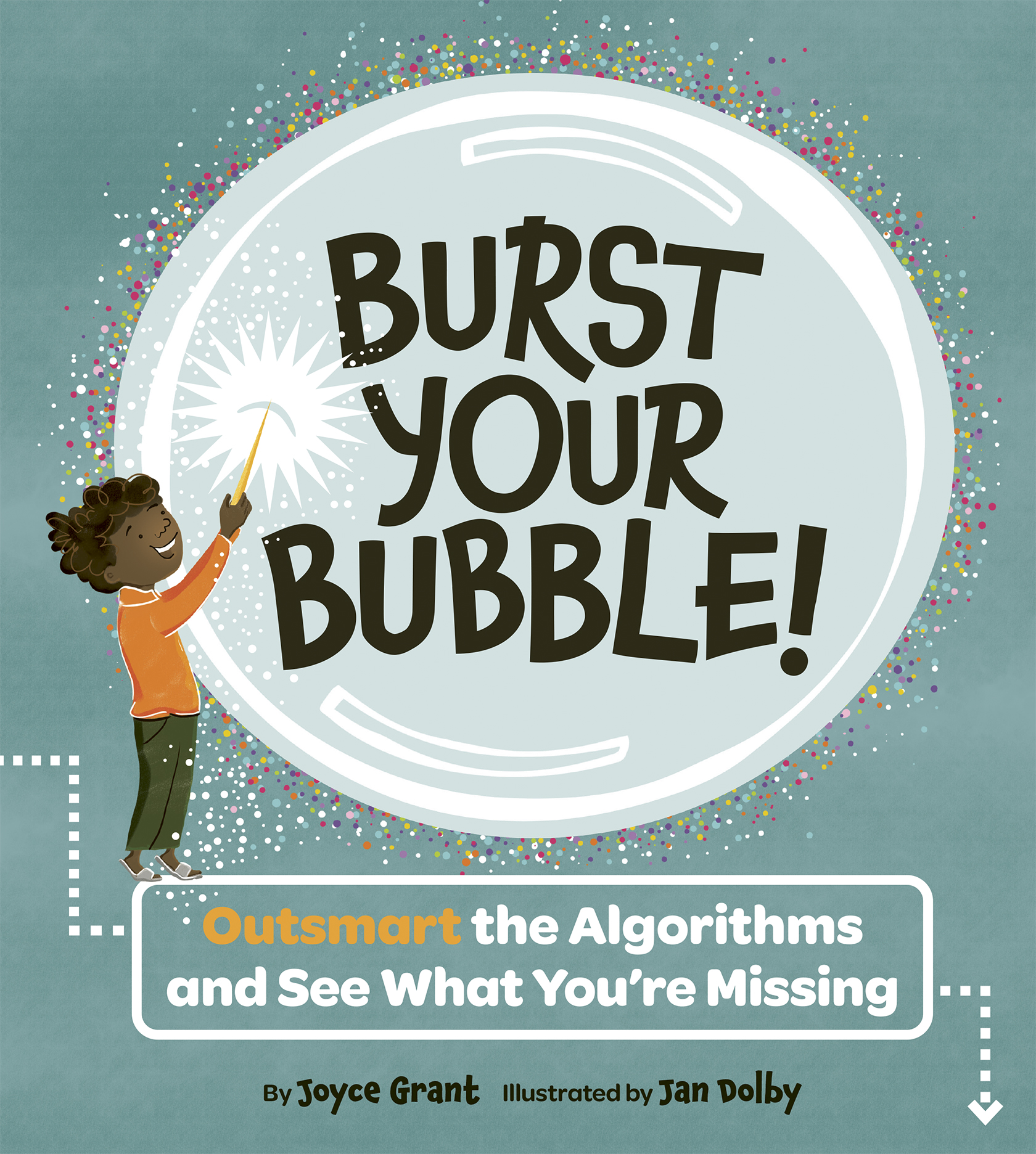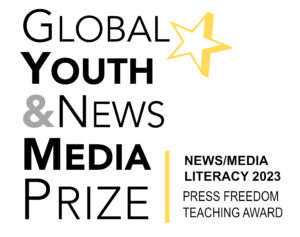The United Kingdom (UK) is one step closer to leaving the European Union (EU) after a general election on December 12.
The Conservative Party—which is in favour of leaving the EU—won a “majority” of seats in the House of Commons.
The party, led by Prime Minister Boris Johnson, now has 365 seats in the House of Commons—80 more seats than all of the other parties combined.
Having a “majority” means it will be easier for the government to pass legislation without support from any other parties.
What is Brexit?
For most people in the UK, the main issue in the election was Brexit. “Brexit” is a combination of the words Britain and exit (“leave”). It’s the name people call the plan for the UK to give up its membership in the European Union.
What is the EU?
The European Union (EU), is a group of 28 nations. It includes most continental European countries and the UK. EU members have all agreed to work together to allow people and products to travel between member countries more easily.
Not everyone in the UK was happy being in the European Union. In 2016, the UK held a referendum. In this case, a referendum is a vote that gave people a chance to say whether they thought the UK should remain in the EU or leave it. A small majority of people—51.9% to 48.1%–voted to leave
the EU. (See: https://teachingkidsnews.com/2016/06/26/uk-decides-leave-european-union/)
Since then, the UK government has been trying to work out a plan for leaving the EU which will be acceptable to the other members of the EU and to the UK’s House of Commons.
So far, the House of Commons has rejected all of the proposals. Boris Johnson presented a new Brexit plan in October. When it did not receive enough support in the House of Commons, he decided to call an election.
Now, the Conservatives have enough seats in the House of Commons to approve that Brexit deal without needing support from any other party. The prime minister says the deal will be official by Jan. 31, 2020.
The UK will still have to work out some details of the plan with the EU, but Johnson has promised he will do that by the end of 2020.
While the election results may have solved one problem for the government, they have also created others. In the 2016 referendum, a majority of people in Scotland and Northern Ireland (which are both part of the UK) voted in favour of remaining in the EU.
On December 12, they elected many candidates who also support remaining in the EU.
Now some people think that these countries will hold their own referendums to decide whether to declare their independence from the UK so they can remain in the EU.
THINK AND DISCUSS
When we think of this UK election, we think of Brexit. Why?
There are many points of view; sometimes it can be helpful to compare two at a time. Create a T-chart listing facts that you think are relevant to people on two sides of this issue, for instance: Conservatives/Labour Party or Brexit voters/Non-Brexit voters or People in the UK/People in (your country) or this UK election/a recent election in (your country) or anything else you think would make an interesting comparison.
Are you having a hard time following Brexit? You’re not alone. Many people (inside and outside of the UK) find Brexit complicated and hard to understand. Do a bit of research and see if you can create a timeline for the events of Brexit. Using bullet points, include milestones such as: the original Brexit referendum; the various UK prime ministers who have been in power since the referendum; the resignations of two UK prime minister(s); various votes; challenges/problems that have arisen.
“Brexit” is a combination of two words, “Britain” and “exit.” What other words do you know that combine two words? If you can’t think of any, make some up (to get you started, try thinking within these categories: weather, vehicles, food, feelings, animals, colours, clothing, technology).
Use this format: smoke + fog = smog.
Incidentally, a word made up of other words is known as a “portmanteau.”
LINKS
CNN’s coverage of the UK election: https://www.cnn.com/2019/12/13/uk/uk-election-boris-johnson-win-ge19-intl-gbr/index.html
CBC article talks about the possibility of a Scottish bid for independence: https://www.cbc.ca/news/world/johnson-brexit-post-election-1.5396633
Guardian (UK) article about Johnson’s plans moving forward: https://www.theguardian.com/politics/2019/dec/14/boris-johnson-plans-to-go-on-spending-spree-in-north
This BBC article includes a chart with election results: https://www.bbc.com/news/election-2019-50765773







